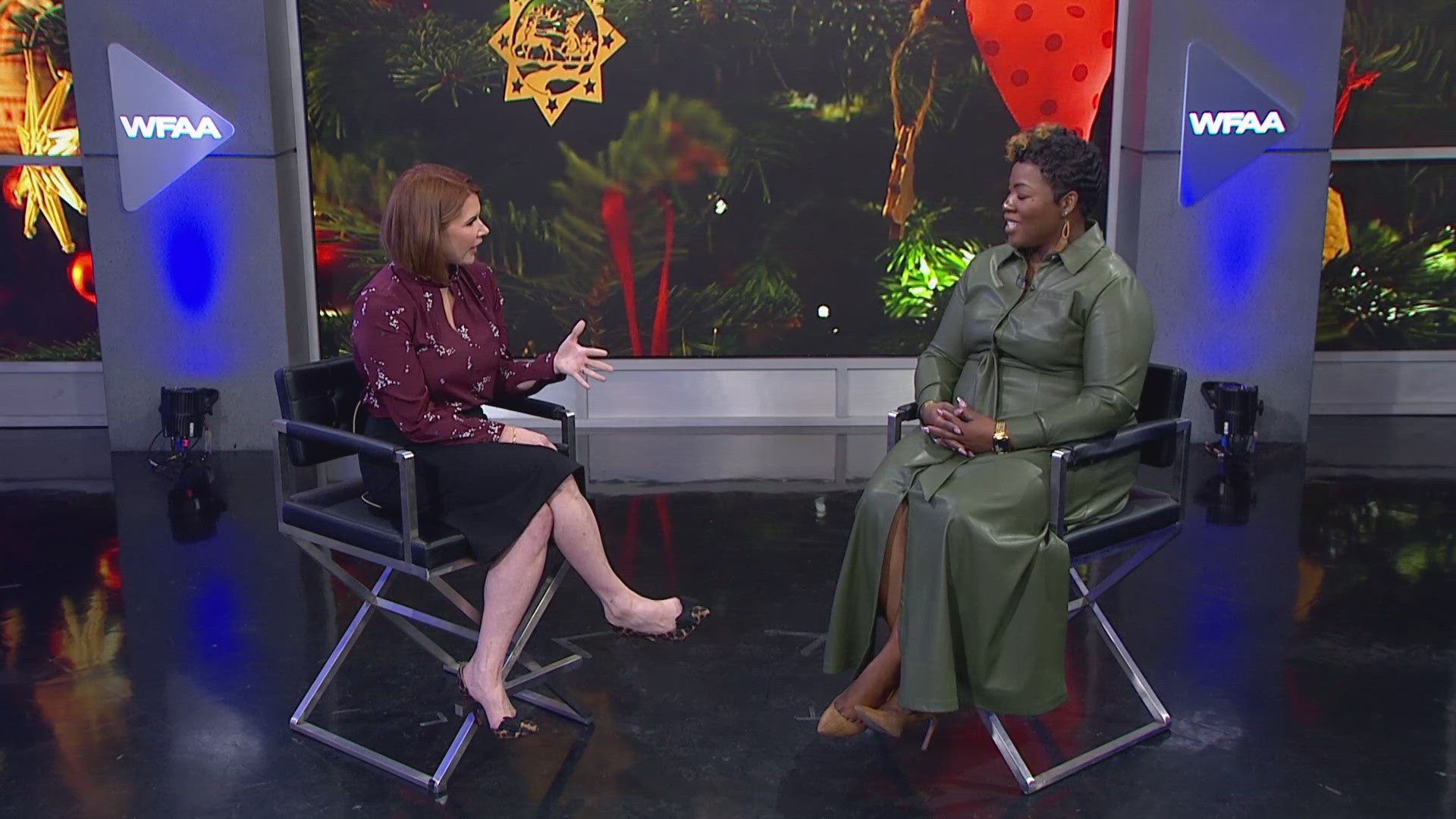For some perspective on the potential aftermath of the COVID-19 pandemic and its economic effects on Texas, Ray Perryman gives a finance lesson.
“It has to do with the difference between risk and uncertainty. We use those words interchangeably all the time. In normal conversation, that's fine. But in economics and finance, they have different meanings,” said Perryman, president and CEO of The Perryman Group, an economic research and analysis firm based in Waco.
Perryman said uncertainty is when you have no idea what the outcome will be, and no way to assess the risk.
“That's what we're seeing with this virus. We don't know what this is going to look like as we go forward. And that's been the concern that's caused everyone to take a step back,” Perryman said. “The more we get some of this problem defined, I think the more you'll see decisions being made where you can actually feel like you can adequately price securities and other things. And you'll see some things improve there.”
The other thing Perryman emphasized about the economic aftermath, recession and otherwise, brought on by the coronavirus and the volatility surrounding the energy sector, is that nothing was wrong with the state’s economic fundamentals before this happened.
“This is fundamentally a health crisis that led to an economic crisis,” he said. “Listen to the health professionals. Do what they advise us to do to keep safe and to minimize the spread of this because the best thing we can do to keep the economic fallout from lingering is to solve the health problem.
“That's not something economists like myself can help with... I think the most important thing is to come out of this healthy and prosperous. And I think we can do both.”
As part of an interview recorded March 27 for Texas Business Minds, a weekly podcast conducted by the Business Journals in Dallas, Houston, Austin and San Antonio, we asked Perryman additional questions about how the oil & gas sector can rebound and how a recession would affect Dallas and Houston differently.
Prior to COVID-19, what was the state of the Texas economy and your outlook for the coming year?
We had seen a slowdown in employment between 2018 and 2019 primarily just because of constraints and our capacity to grow. We were planning to see another slow down this year for the same reason. We would still have been growing much faster than the nation. It was just a case of we're kind of reaching our capacity to continue to grow at that level. We thought that the economy was doing a lot of things right.
The potential of a recession has been top of mind for the business community for the past few years, mostly because of the extended period of slow, sustained growth following the Great Recession. How situated is Texas to handling a recession now?
This was the longest expansion the country had ever seen. If you look back at the last 50 years of history, most of the recessions we have had haven't come from the economy running out of steam. The downturns have been because of either an outside force — like an embargo or a terrorist attack or something of that nature or we did something really stupid, frankly, to get the system out of balance. Like the mortgage crisis, the savings and loan crisis, the dot.com crash, those kinds of things.
Texas has weathered recessions very well in the past. The 2008 recession is a good example. It took the nation 58 months to get back to where it was. It took Texas about 12 months.
For a longer version of this story, click here.



